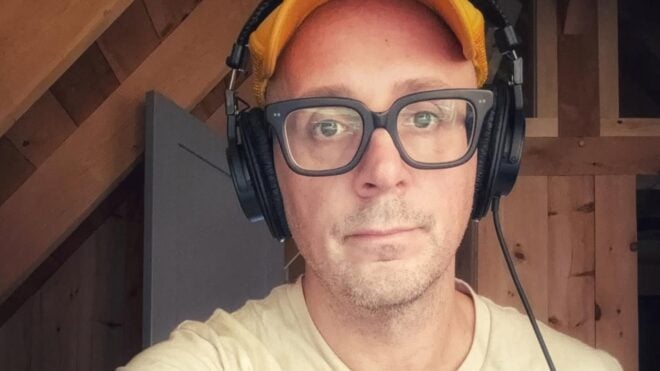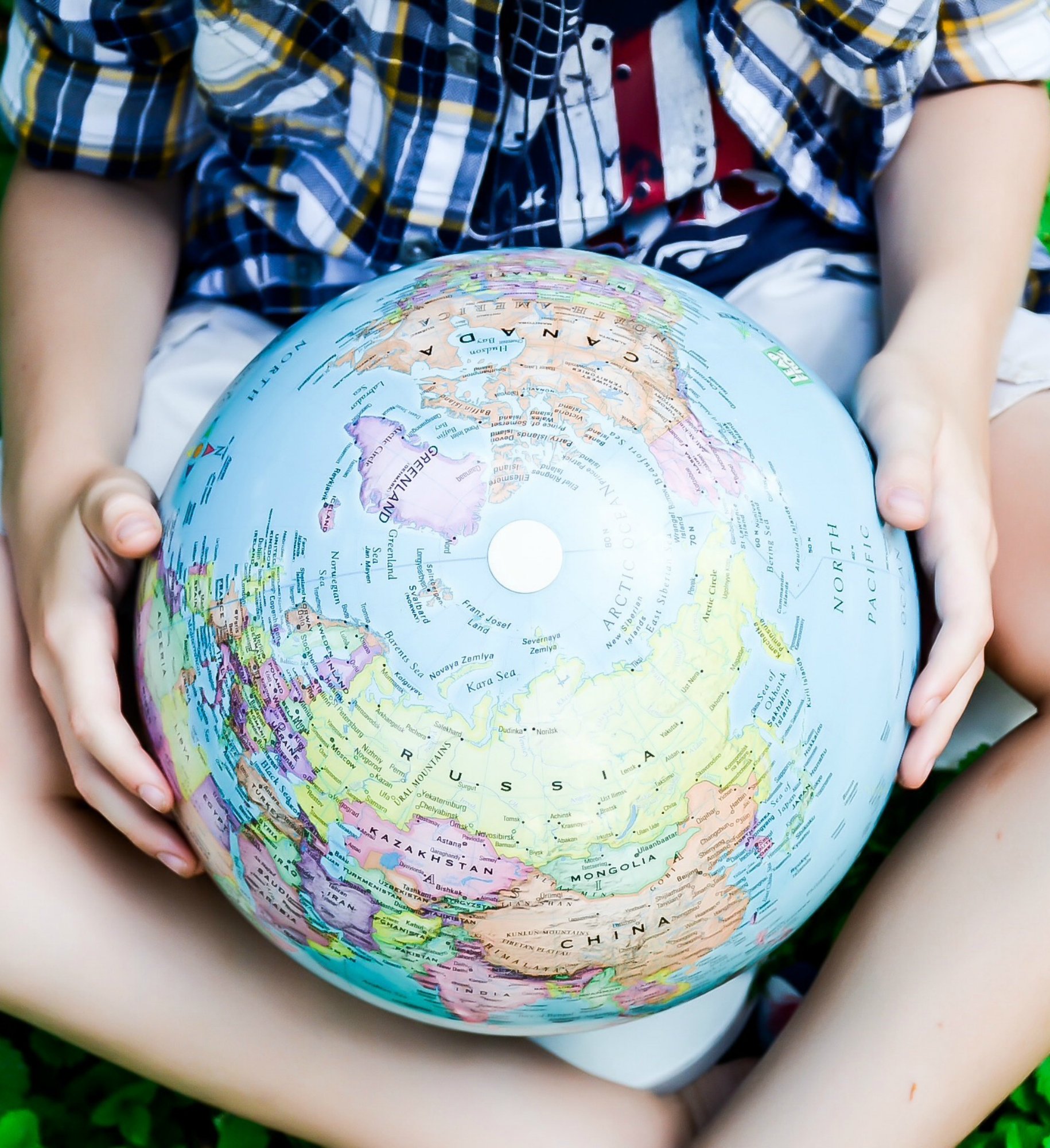
You Have to Study

This year marks the 30th anniversary of the National Geographic Bee Championship, when fourth- through eighth-graders, ages 10 to 14, try to avoid elimination by answering questions on everything from world capitals to mountain chains to rivers, nuclear test sites and languages spoken among certain communities. This year, 54 students advanced from their school, National Geographic regional and state bees to compete for the top prize and $85,000 in scholarships. It's not easy to get there, past winners will tell you. Here's what they also probably want you to know about turning your world knowledge into a competitive skill.
For one, no one is born with such a vast and detailed knowledge of the world. Competitors study for their trophies, using guides provided by National Geographic, going through past questions and, in general, expanding their knowledge about, well, everything on Earth.
It's a Broad Field
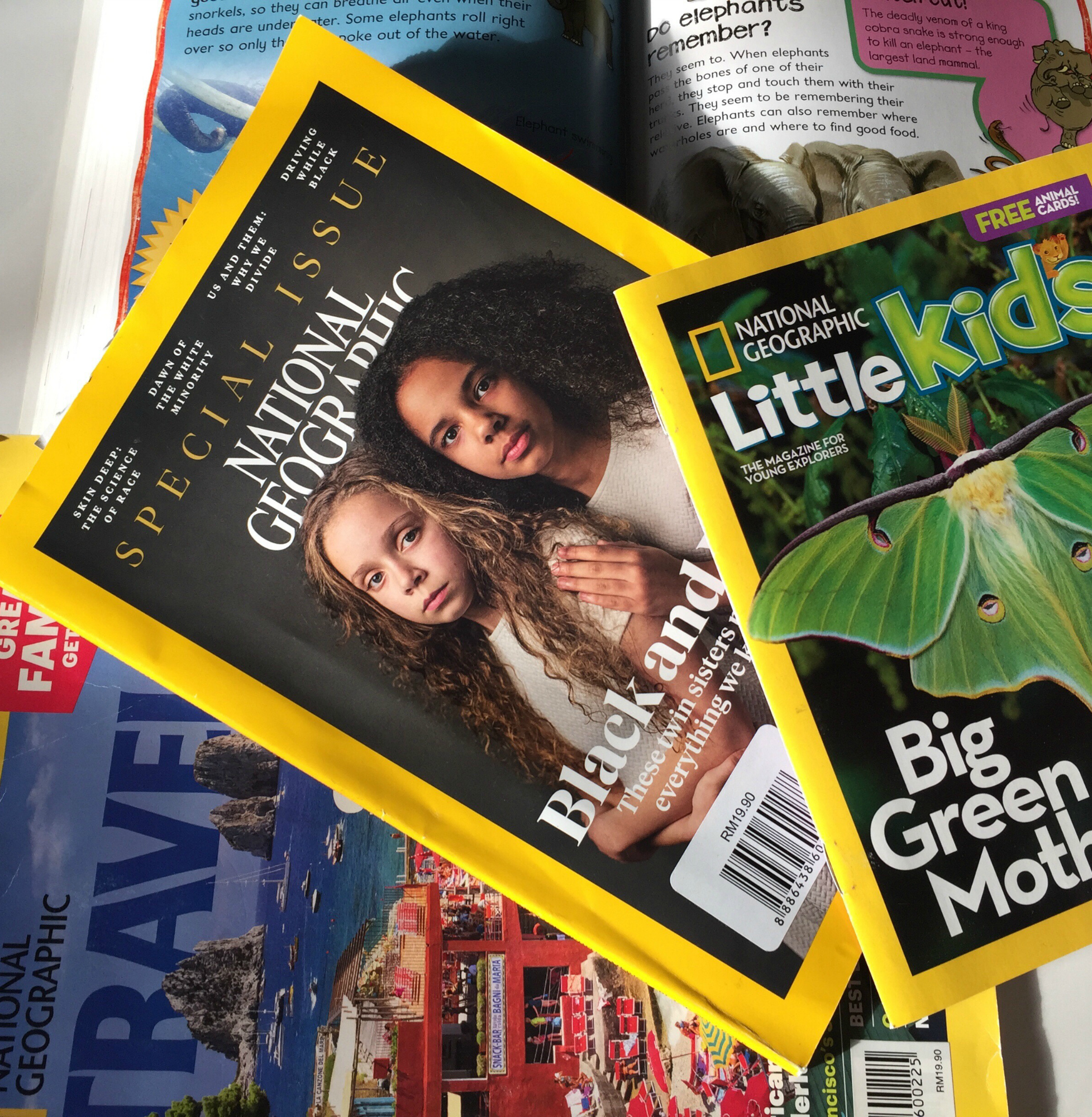
These geography buffs might also want you to know that geography covers a vast collection of facts that include history, science, geology, map reading, current events, language and human populations. For starters! It's a broad field with a lot of side notes and offshoots, and it's also ever-changing.
You Have to Follow the News

To stay on top of global changes, competitors have to stay current with what's going on in the news. Countries' borders are drawn and redrawn, human populations move and change, water and maritime rights are disputed. All of it is fair game for the questioners. And there's little leeway for not getting the answer exactly right. Unlike spelling, you can't really luck out with a guess at these multi-layered questions.
Help From Family and Friends Is Crucial
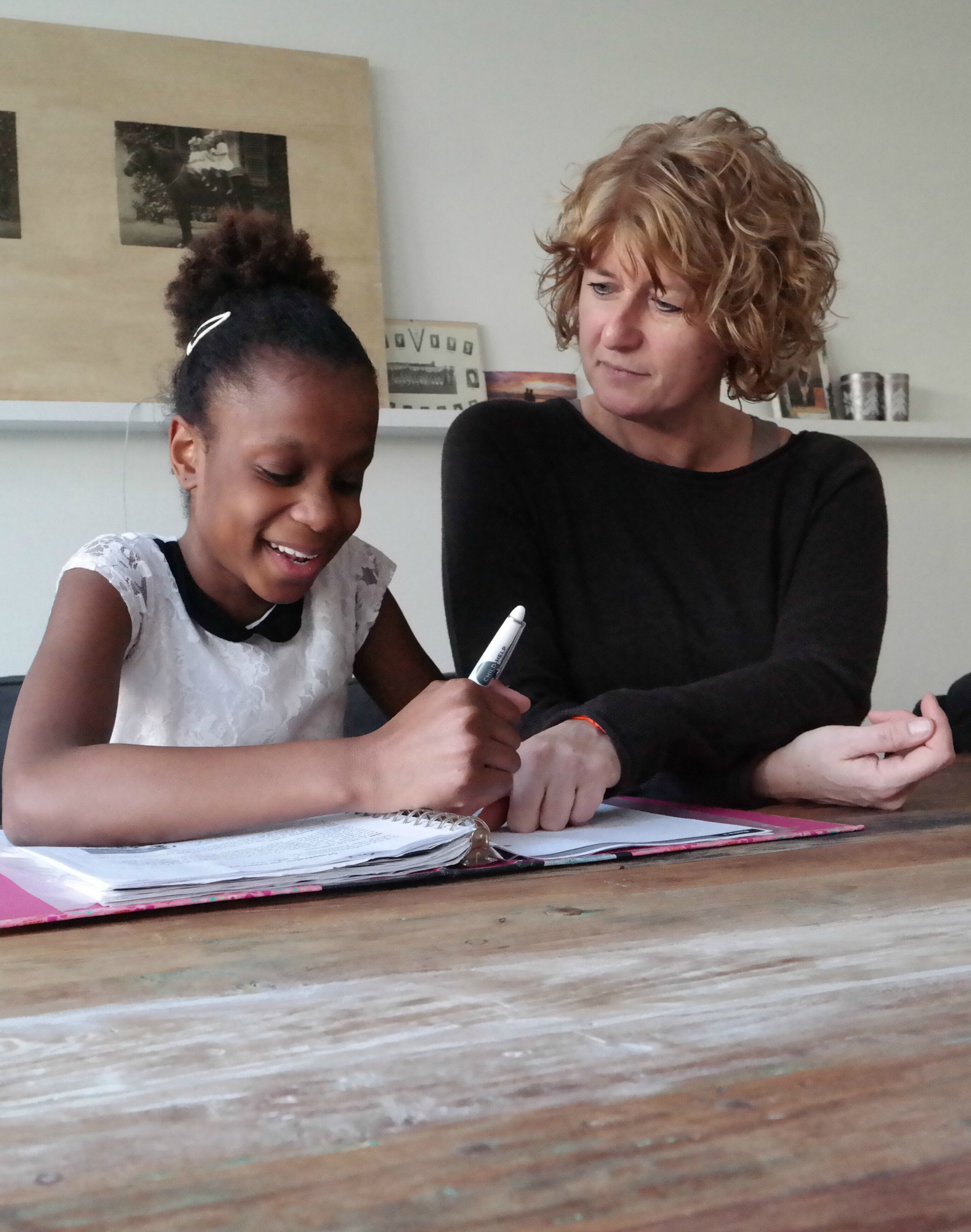
National Geographic Bee competitors get their family and friends to help out by quizzing them throughout their months of study. Don't be afraid to ask for help or support.
It's Like Training for a Sport

What top competitors also likely wish people knew was that, just like competitive athletes, you have to get plenty of sleep, eat well and be able to sit and focus for long stretches in order to succeed at the competitions.
Learn to Manage Anxiety

In addition to learning and being able to recall binders and books and maps filled with information, geography bee competitors need to be able to perform under pressure and in front of an audience. So they figure out early on how to manage anxiety, and stay calm and focused. While testing themselves at home with friends, they might even stage mock bees before going into the big competitions. That way, even if a bunch of faces staring back at them makes them nervous, at least they'll be used to that format.
It's Really Fun
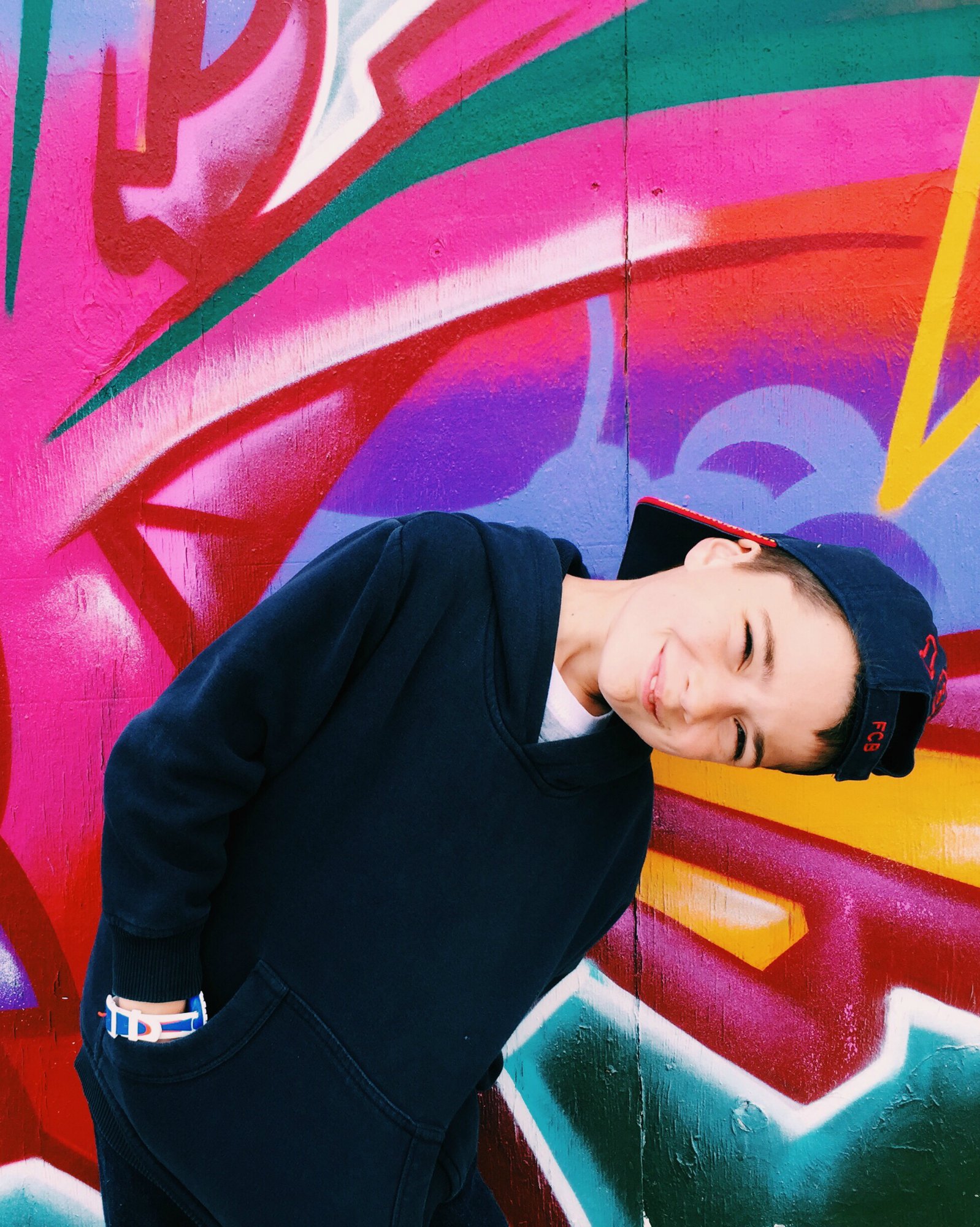
Geography is interesting, engaging, varied and vast. Competitions are intense nail-biters that test you in ways you never thought possible. And, in the end, competing in a geography bee is fun, former competitors at all levels will tell you. A trip to Washington, D.C., and the prospect of big scholarship prizes are the icing on the cake.
It Goes Beyond Winning at School
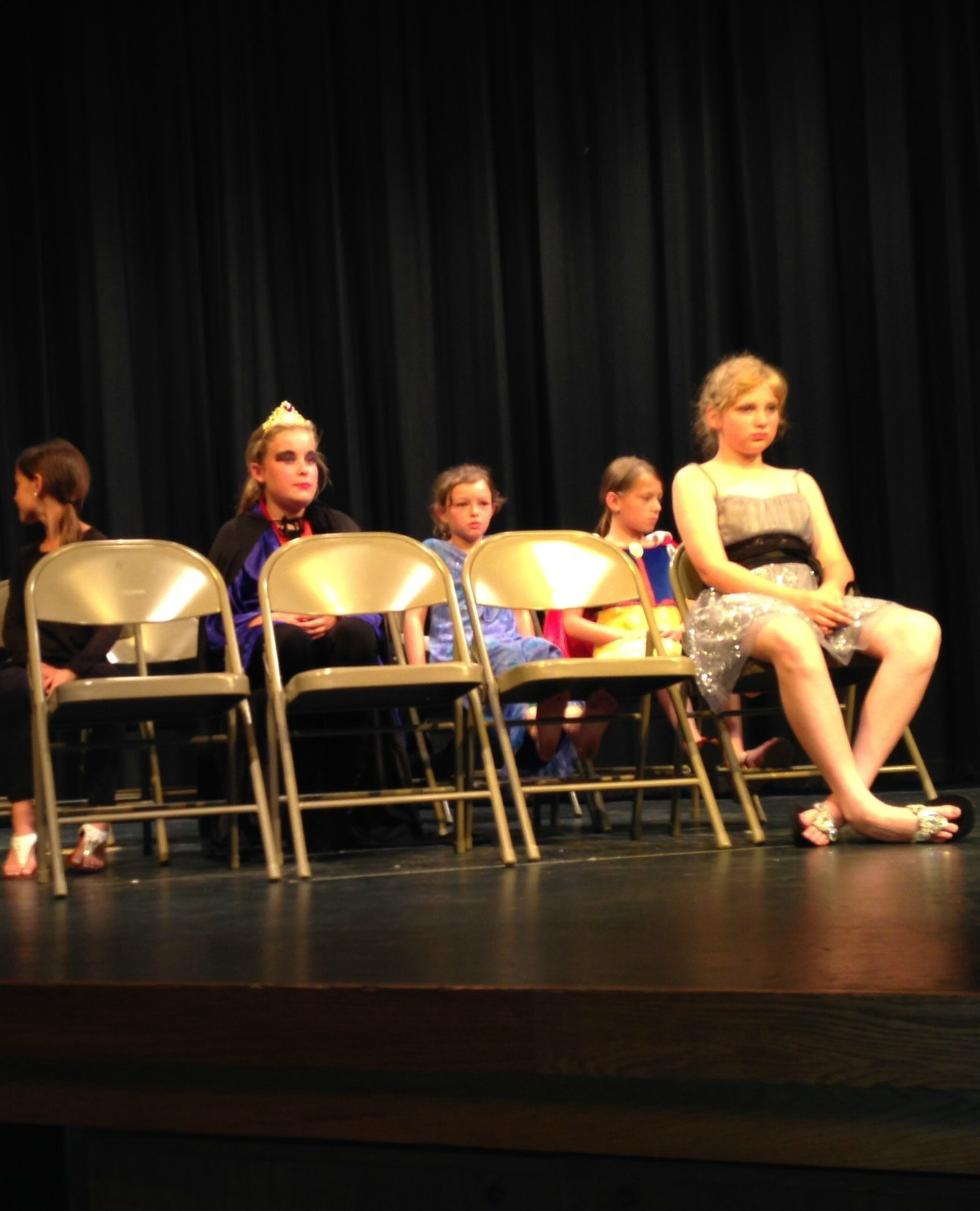
The process for getting to the national competition goes well beyond winning your school's competition. Schools have to register well in advance and stage a competition with at least six participants (this goes for individual homeschoolers, as well). The winner of these first-level competitions then takes a qualifying geography test, where they're not allowed to receive help. The top 100 scorers on these tests go on to compete at their state geography bees. It's the winners from each state, Washington, D.C., and U.S. territories who then go on to compete at the national bee.
Their Futures Are Bright

National Geographic Bee winners—there are now 29 of them—have gone on to interesting careers. Earlier champs like David Stillman (1991) is a computer programmer, and Anders Knopse (1994) is a nuclear physicist. Others went on to compete in other knowledge-focused competitions, or onto college and graduate studies. For more recent winners, the focus is on graduating high school.
At Least Know This
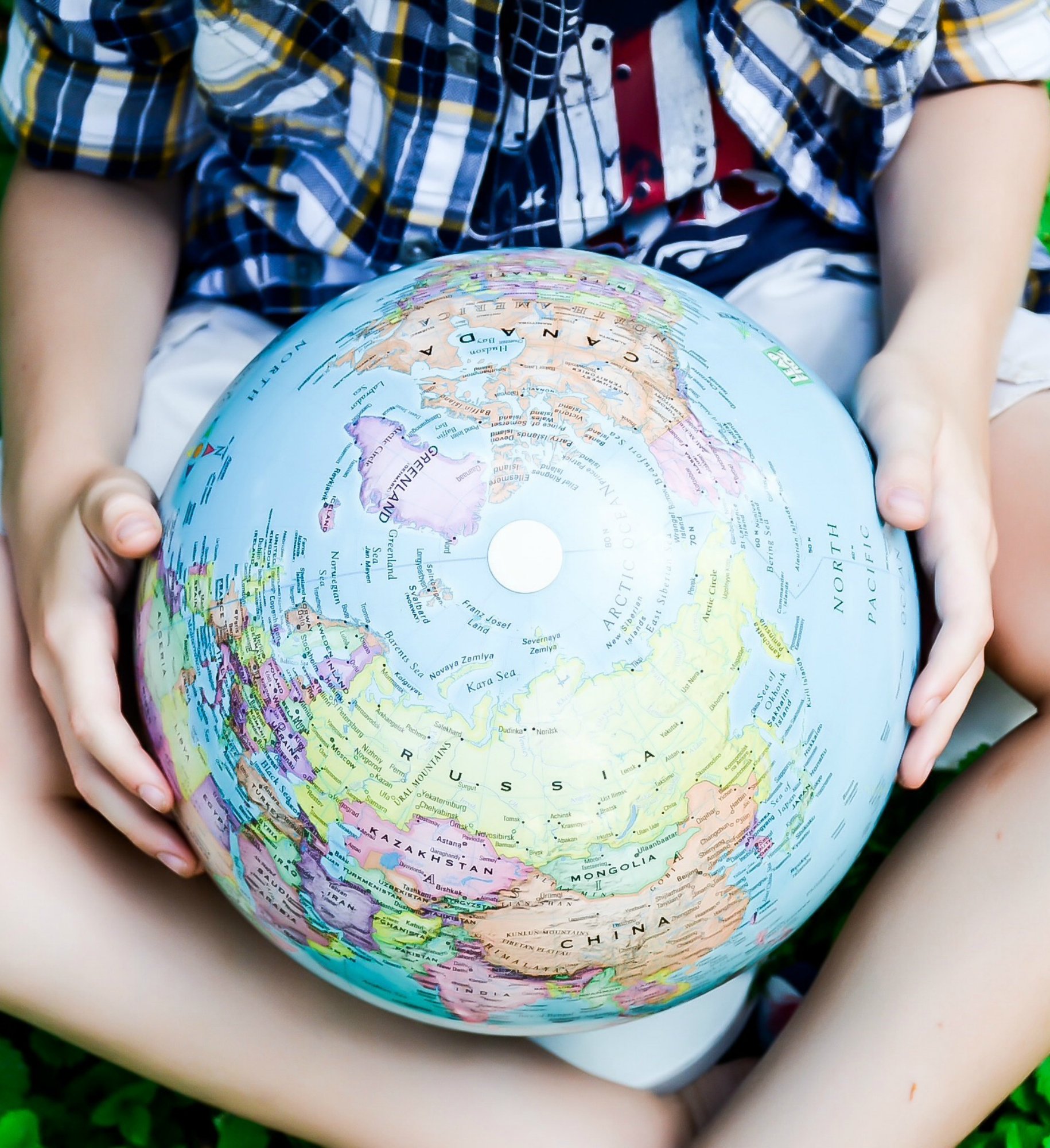
While competitors' knowledge of all things geography is as vast as it is deep, they probably want you to know it's never too late to know a little bit more about the world. Start by seeing how well you answer these 21 questions, then drill down in areas you come up short.
They Bet You Don't Know This
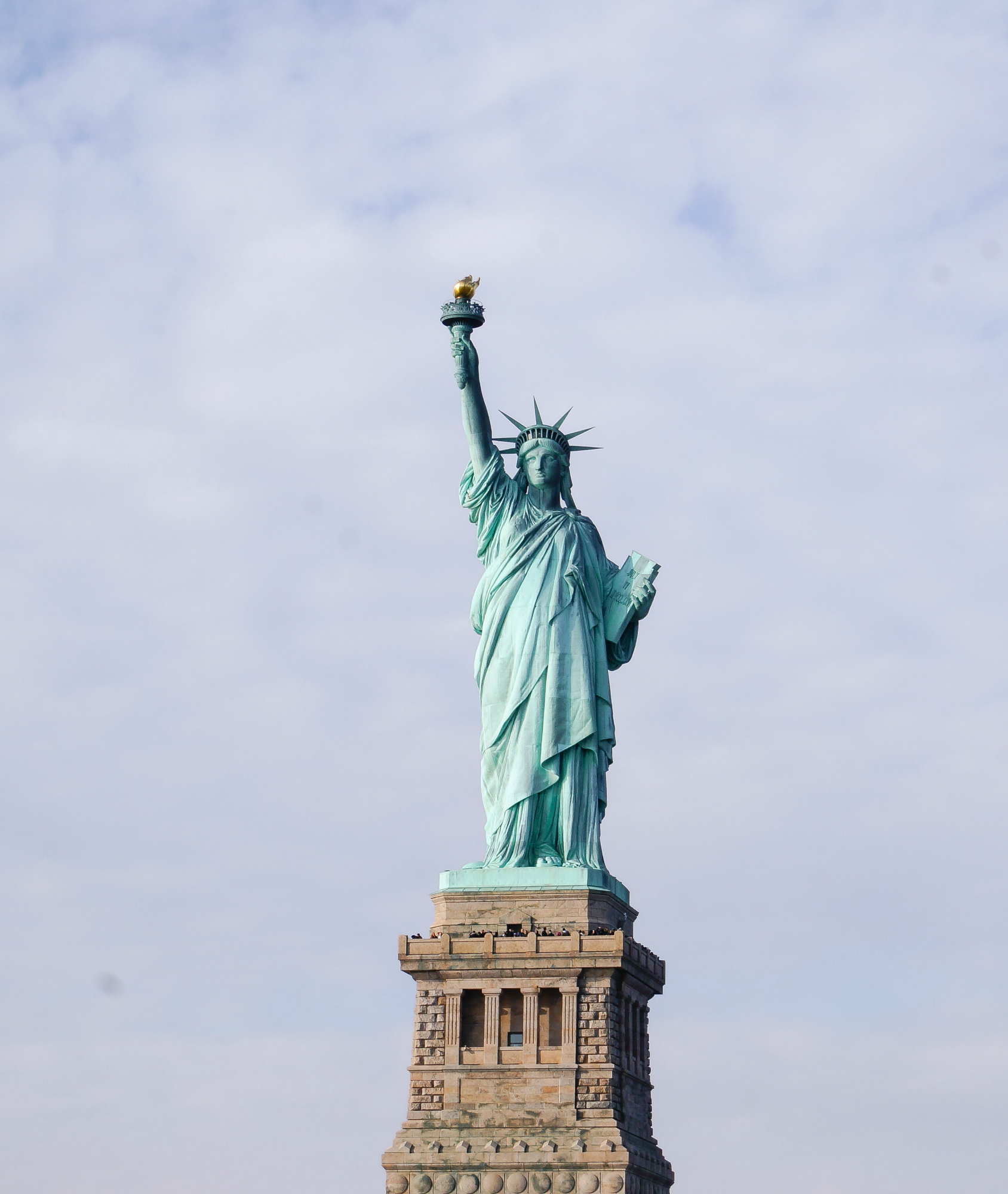
And what they'd really probably like to clear up are the common geography mistakes people make, such as which mountain is the world's highest, and that, truly, Sweden and Switzerland are not interchangeable. Here are 30 of the most common geography mistakes, including a note about which state is actually closest to the Statue of Liberty.


